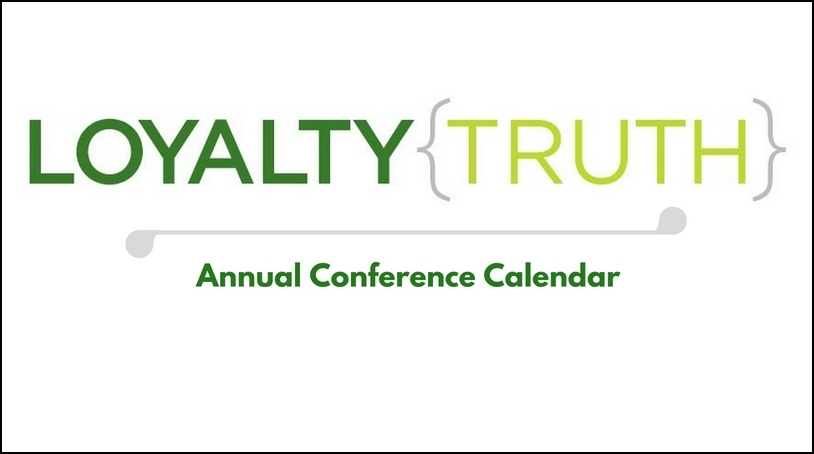As you wake up today, there are significant forces at work seeking to change your life. I’m not referring to a Matrix-like “higher power”, but one that wants to change the way we pay for goods and services on a daily basis.
The players at work include banks, payment associations, telecommunications companies and tech companies, with Google being the most prominent. For the most part they are exploring alliances and experimenting with technology, each seeking to create a proprietary advantage as their highest priority. At times it seems that the consumer is secondary to the debate.
I’m talking about mobile payments and the discussion just became more interesting as retailers have announced their intent to take a leadership role in establishing how consumers will pay for goods and services in the future. The announcement that Walmart, Target, Alon Brands (owners of more than 300 7-Eleven stores) and other undisclosed retailers are seeking to put their own stamp on the future of mobile payments is the most groundbreaking news in 2012.
The broader debate about mobile payments has been in progress since the late 90’s and we have already seen attempts at mobile wallets and contactless payments fail for a variety of reasons. According to PYMTS.com, which organized a group of payments experts recently for a discussion on the topic, the debate about whether NFC will become the de facto standard for mobile payments is growing old and newer cloud-based payment solutions are moving into the favorite’s position.
Over the past year, several announcements in mobile payments have been made, with Google Wallet and the ISIS project getting the most attention. While the debate in the US continues pitting NFC versus the cloud solutions, the best examples of mobile payment success are evidenced outside the US with Vodafone and other Telco’s innovating through their the capabilities of their own network communications. Read this article about Kenya’s M-PESA to get the picture of what is possible beyond NFC. Closer to home, tPago has launched in the Dominican Republic and will soon expand across other countries in Latin America.
The premise of the mobile payment debate holds that consumers will prefer the convenience of having a secure and reliable payment method resident in their smartphone and that the first to establish the winning solution will have created a decades-long competitive advantage. The importance of the retailer’s announcement speaks to several issues long festering in the payments and loyalty marketing business:
- Retailer opinions have been generally deferred in the payments debate and seem to rank just behind consumers in priority among many of the biggest players. Someone forgot to recognize the importance of the fact that the point-of-sale (POS) belongs to the retailer, the issues of speed and convenience impact the retailer, and the card acceptance fees paid by the retailer fund most payment card based rewards programs. Frustrated at being marginalized in the discussion, retailers formed the Merchants Payment Council years ago and now seem ready to fully engage the mobile debate.
- No retailer wants to change their POS equipment if they don’t have to do so. One of the advantages of NFC enjoys today to become a future payment standard is thanks to the failed attempt at introducing contactless payments in the US five years ago. In that process, various parties subsidized retooling of card acceptance devices at major retailers, most of which are easily enabled to accept NFC payments
- The entire marketing industry has woken up to the importance of data and, if data is the new oil, retailers understand they own one of the most vast and renewable resources. Having a say in setting mobile payment standards will give the retailers more future control of their own data
As if you didn’t know, the mobile payments debate is complicated.
While the announcement by the coalition of merchants led by Walmart and Target included a statement that leading the development of mobile payment standards will increase customer loyalty, there are also voices proclaiming that none of the proposed mobile payment solutions significantly improves upon the traditional method of swiping a piece of plastic. All customer facing brands are well aware of the importance of meeting security and privacy concerns for their customers. And, there is concern that the myriad of standards proposed will just serve to confuse customers and slow acceptance of any new standard.
Retailers are not fully united in the fight either. Google Wallet participants so far include American Eagle Outfitters, Macy’s, and Walgreens while Pay Pal announced a linkage with Home Depot. The announcement from Walmart and Target could be related to either Google Wallet or Pay Pal, but it is too early to tell.
So, where do consumers land in the battle? Probably in the same place we’ve been as retailers have forced us into the self service mode we now “enjoy”. We pump our own gas, swipe our own cards, enter our own PIN codes, and check out our own groceries. There’s a very good chance that we’ll just be presented with the “winner” and be expected to like it. While I am a believer that the mobile phone will play a significant role in shopping, payments and loyalty in the future, I have to make note that the more things change, the more they will stay the same.
As it stands today, we’re sunk if we leave home without wallets. If our credit cards are stolen or compromised, we’re in a panic. If the mobile handset becomes the primary payment device for most consumers in the next 5 years, we will enjoy the benefits of mobility and convenience, but will still have a “thing” in our pocket that, if lost, damaged, or compromised, will cause us angst. My Android phone became inoperable on a recent business trip and I was 3 days without it. Imagine if the list of inconveniences I suffered also included my ability to pay for lunch, dinner, or hotel charges.
I said it was complicated.




